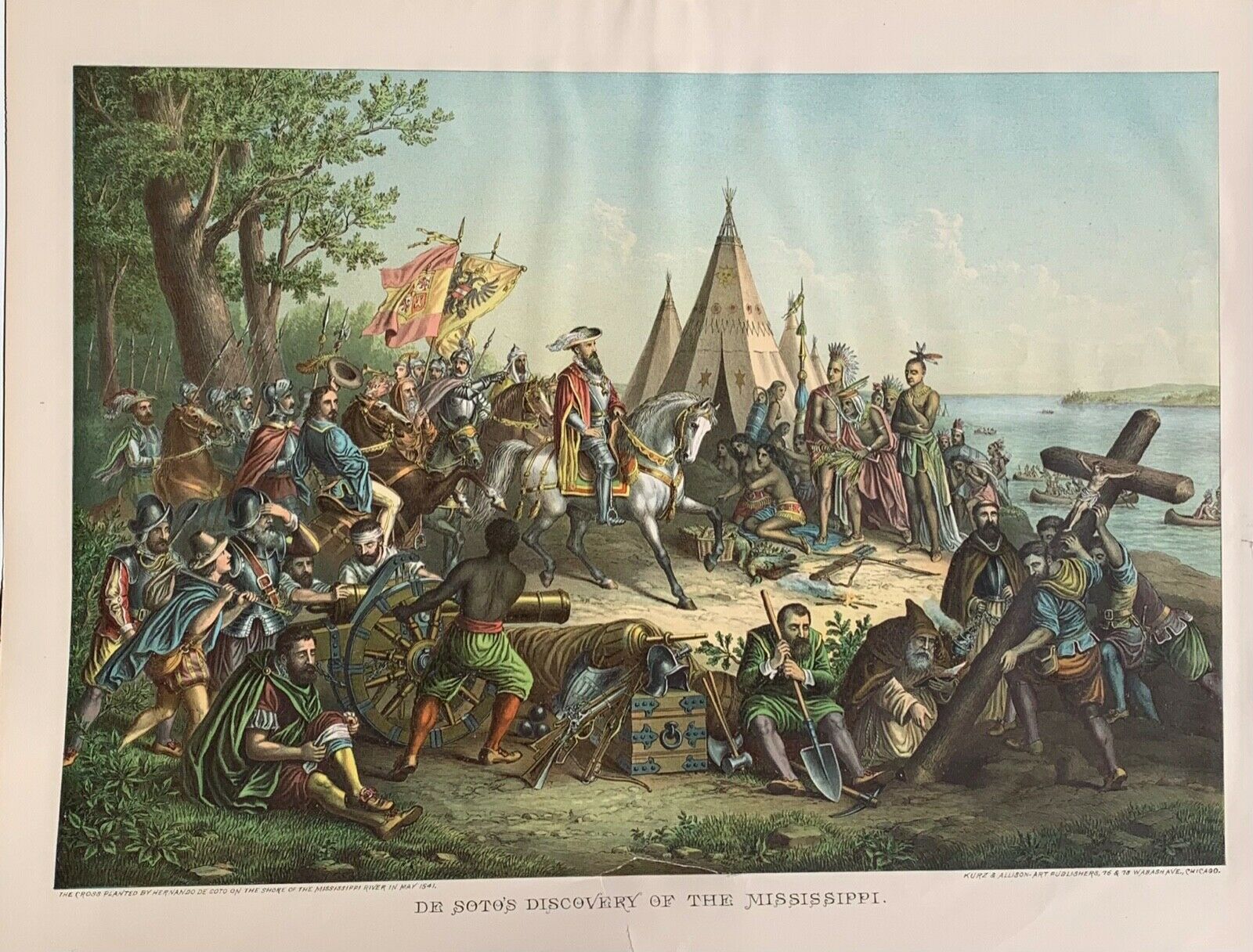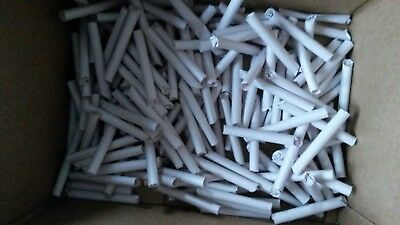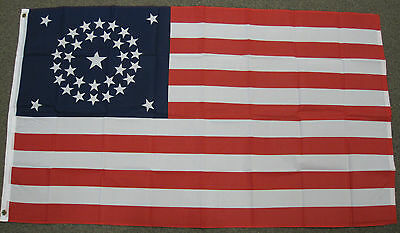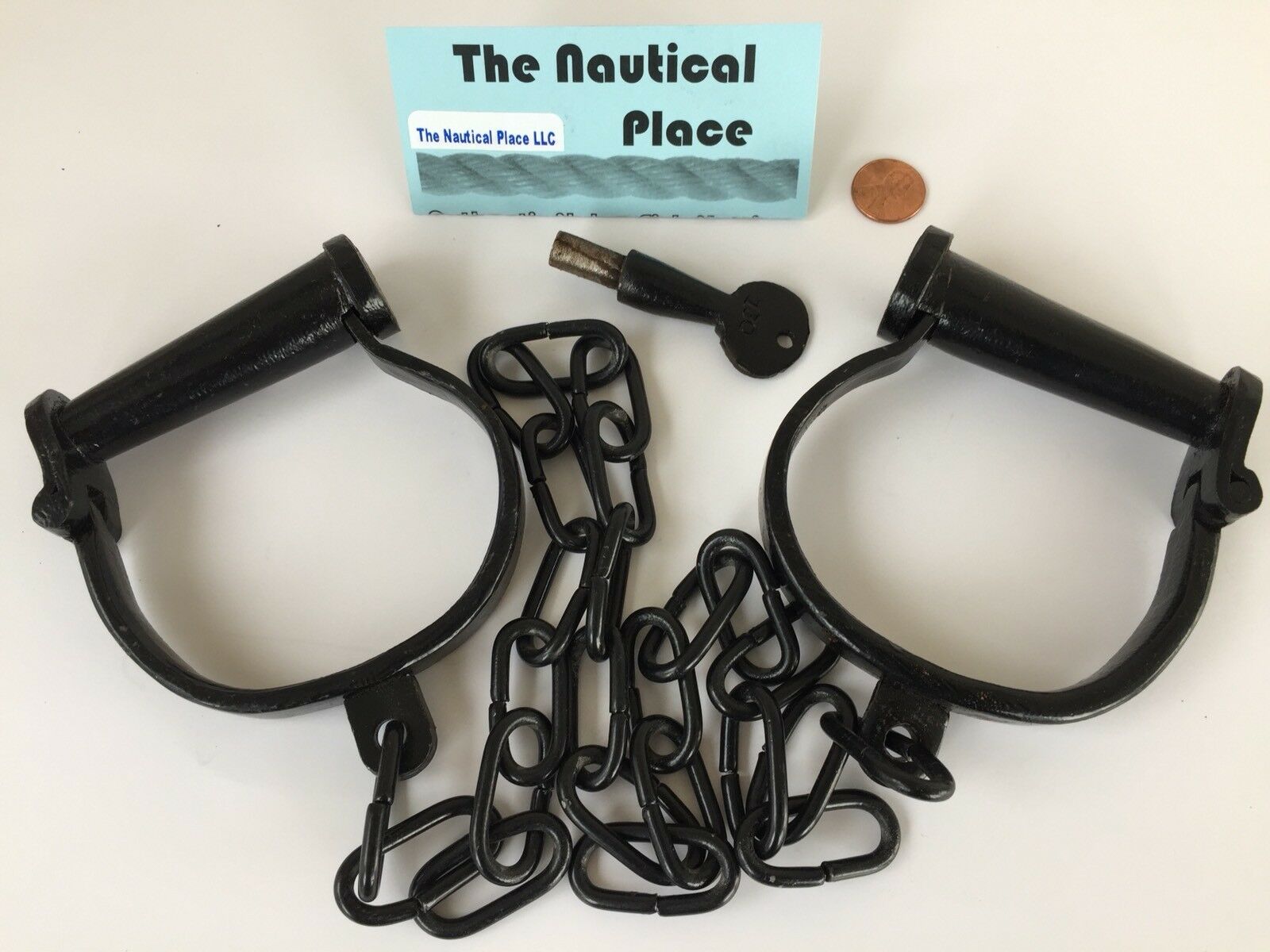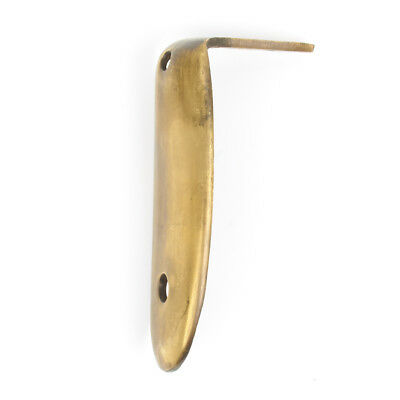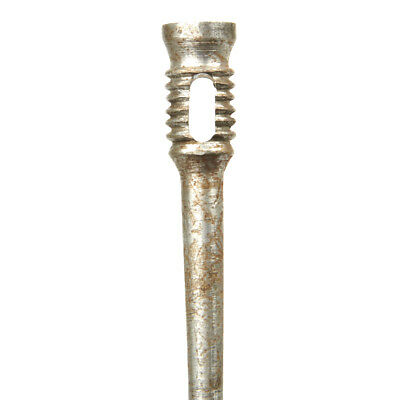-40%
DeSoto's Discovery of the Mississippi
$ 155.76
- Description
- Size Guide
Description
Desoto's Discovery of the Mississippi commemorates the first explorer of the interior of what would become the United States in 1541. Rare and hard to find. Printed in 1896. There are two tears, but otherwise in beautiful condition. Beautiful colors and what you would expect from a chromolithograph.The firm Kurz and Allison was formed in 1880 in Chicago, IL and was known for its production, in the late1800's, of commemorative prints depicting American historical scenes. The firm continued in business until 1903. Louis Kurz (1835-1921) and Alexander Allison built their reputation publishing American Civil War battle scenes in the 1880's. While the prints were highly inaccurate and considered fantasies like Currier and Ives prints, they were still highly sought after. The prints did not pretend to mirror the actual events but rather attempted to tap people's patriotic emotions. The prints themselves are bright and colorful.
During the Civil War Louis Kurz was sent by President Lincoln to several battlefields and various camps to make pictorial representations which later appeared as lithographs and became popular throughout America. At his death in 1921, the New York Times identified Louis Kurz as "a widely known artist and friend of President Lincoln," whose "sketches of the battlefields of the Civil War were the first to be issued after the close of the conflict." Little is known about Alexander Allison. The first-located mention of him was in 1879, when he was listed as an engraver in the Chicago City Directory.
Chromolithography is a unique method for making multi-colored prints. Chromolithography became the most successful of several methods of color printing developed in the 19th century. The initial chromolithographic technique involved the use of multiple lithographic stones, one for each color and was extremely expensive to produce when done for the best quality results. Chromolithography was eventually replaced with four color lithography which was easier and cheaper to use.
Kurz and Allison prints have a striking appearance that make them not only interesting, but decorative as well.
Although there are reproductions, originals measure approximately 22 x 28 1/4 inches.
